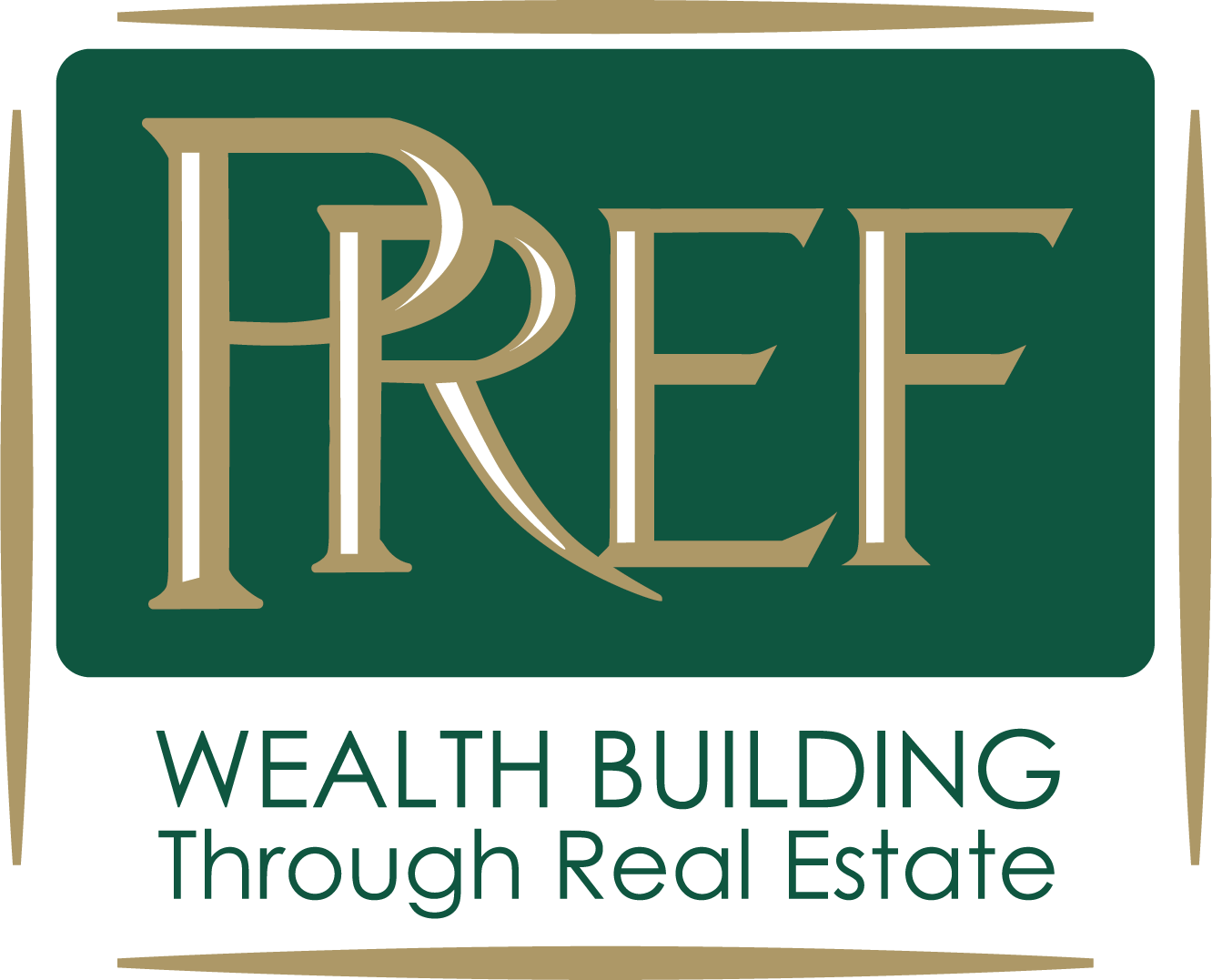How Financial Markets Impact Property Values
Until the early 1980’s, real estate values were dependent on what I call real estate fundamentals—location, product quality, supply and demand.
As a rule, financing provided investors and developers inexpensive, long-term capital but had insignificant impact on property value. Therefore, they held properties for long periods of time and often made money by paying down debt and by appreciating property values. Developers and owners had banking relationships as well. All of these factors equaled stable markets (except when developers became aggressive and tilted the supply/demand balance). Those were the Good Ole’ Days.
Now, financial markets have a greater impact on property values, and here’s why:
- A shift in how private interest buys, develops and finances properties occurred.
- The Internet has made real estate a global asset.
- Traditional financing is not as readily available.
1980’s: A Marked Shift
The 1980’s forced a major shift in real estate development and investment. Due to high interest rates and inflation, lenders sought new ways to justify real estate lending. New financial structures such as pre-sales became common. With computers and financial modelling came internal rate of return analysis which factored in inflation and speculative future values. Lenders became owners. The real estate fundamentals were still hanging on, but the focus on financing structures started increasing.
I call this the Dawn of Financial Engineering. But, of course, another big change ensued.
The Great Recession
Everyone should have seen it coming. With interest rates at historic lows; loan amounts at or exceeding real value; interest-only terms; readily available bridge financing; and properties trading for higher prices with no improvement in fundamentals; a crash or significant correction was inevitable.
The financial markets finally won. Properties with good fundamentals were being foreclosed due to financing issues. In many cases, foreclosure was more related to the financial condition of the lender than the financial condition of the property. Cap rate compression (i.e. price increases) was rampant. Those in the middle of the action believed this climate was the New Norm. It wasn’t. But could it be again?
The New Normal
After five to seven years of readjustment, the financial markets are again driving property values to new highs. While property fundamentals (rents and occupancies) have dramatically improved, the availability of capital chasing yield is once again making property value less dependent on the real estate fundamentals. Several factors are causing this result:
- Very low yields on US Treasuries, high grade bonds, and other core liquid investments
- The Internet enabling properties to be marketed globally
- Foreign investors more interested in a capital safe haven than market return on their investments
Once again, some buyers are calling this a Return of the New Norm. I disagree; it’s yet another cycle when financial considerations are overwhelming the real estate fundamentals. Ultimately, the latter will still be important, but the significant impact of financial markets on property values is here to stay.
The Strategy
The global market is here to stay. As such, the New Norm will persist for owners of high profile properties located in major metropolitan areas or those with credit and recognizable tenancies. This is the low-hanging fruit.
This leaves an abundant supply of properties with solid, market-driven fundamentals. When combined with the right marketing, development or management strategy, these properties still provide investors with much better risk-adjusted returns.
So, here are my strategic recommendations:
- Be a situational buyer—secure properties at the right time, under the right circumstances.
- Avoid using financing to juice the deal; you could lose all your money.
- Ask yourself—would you own the property without cheap debt?
- Lastly, be aware of the frothy market; sip wisely.


